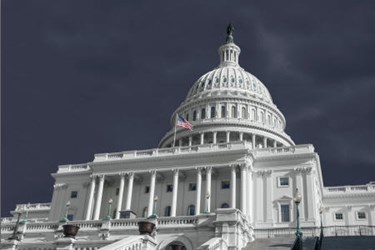ASCO Urges Congress To Prevent EHR Information Blocking

By Christine Kern, contributing writer

Oncologists urge legislators to create data-sharing requirements to strengthen interoperability.
The American Society for Clinical Oncology (ASCO) is urging legislators to take steps to improve research and treatment by creating new data-sharing requirements that would strengthen EHR interoperability. According to Dr. Clifford Hudis, chairman elect of the ASCO’s government relations committee and an oncologist at Memorial Sloan Kettering Cancer Center in New York City, there are very few existing adult cancer clinical trials and the data from those trials is not being adequately shared among medical professionals.
In light of this fact, ASCO has outlined steps to advance interoperability and prevent the practice of “information blocking,” presenting them in an ASCO position statement released during a Capitol Hill briefing on Big Data.
“The treatment of cancer is complex, often requiring coordination of care and the exchange of detailed clinical information among multiple health care providers using different health information systems,” said ASCO President Julie Vose, MD, MBA, FASCO. “Widespread interoperability for sharing electronic health information is not just a matter of efficiency, but critical for optimal cancer care. It is essential to help patients and physicians navigate the complex continuum from diagnosis through treatment and beyond.”
ASCO is asking Congress to build upon the 21st Century Cures Act which included language addressing interoperability and was passed by the U.S. House of Representatives in July,.
“The House has taken significant steps toward these recommendations in the 21st Century Cures legislation and we commend the Energy and Commerce Committee for its leadership on this issue,” Vose asserted. “We ask that the Senate adopt that language because further delay in this effort will be detrimental to patient care.”
ASCO also requested Congress:
- Enact legislation to ensure widespread interoperability is achieved.
- Pass legislation to remove barriers to interoperability, especially information blocking.
- Ensure that cancer patients, oncologists, and other oncology providers do not bear the brunt of achieving interoperability or subsidize the cost of ensuring that EHRs are interoperable.
- Work with ASCO and other stakeholders to educate healthcare providers regarding the purchase and use of health information technology systems.
Read the full paper position and watch the full briefing.
